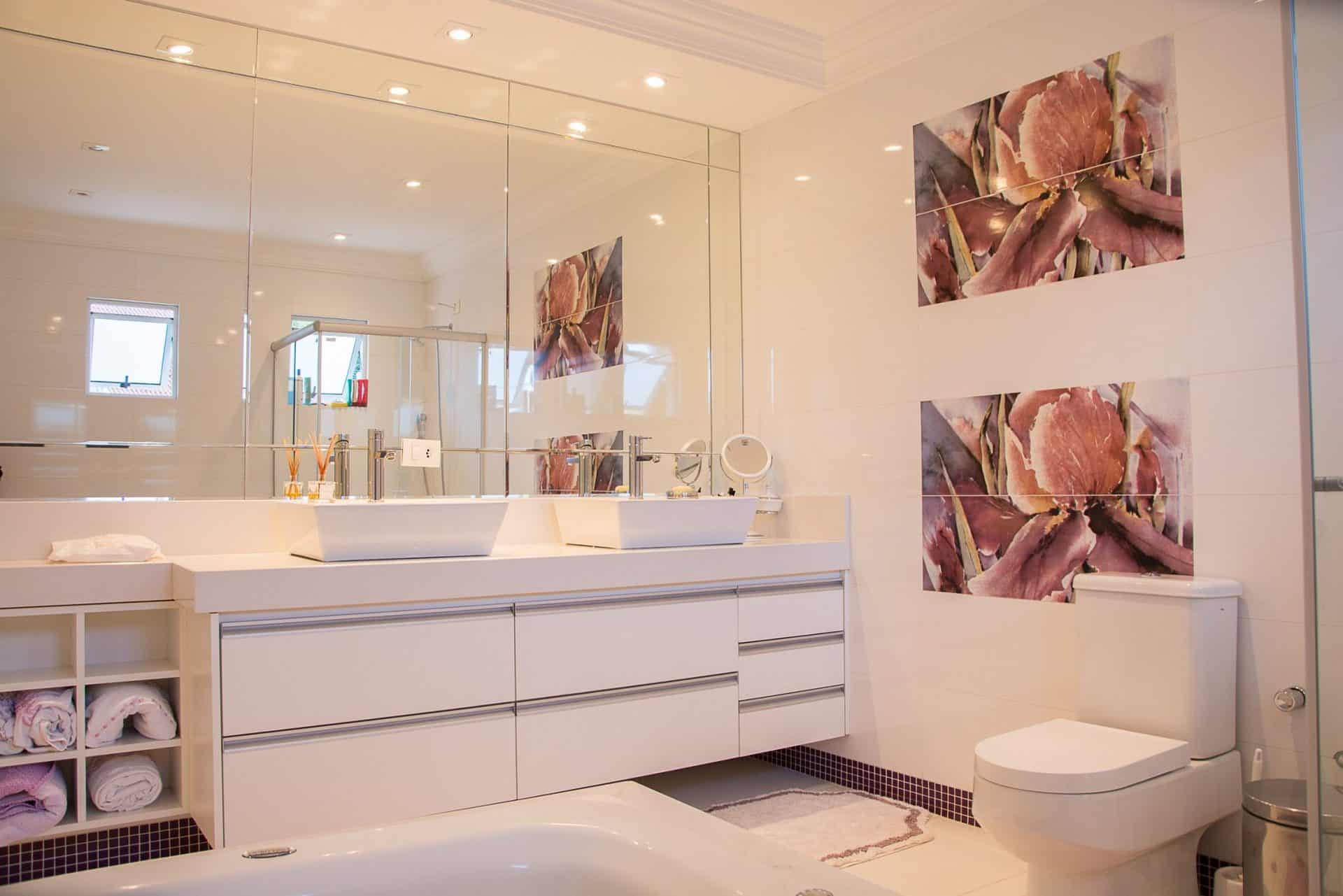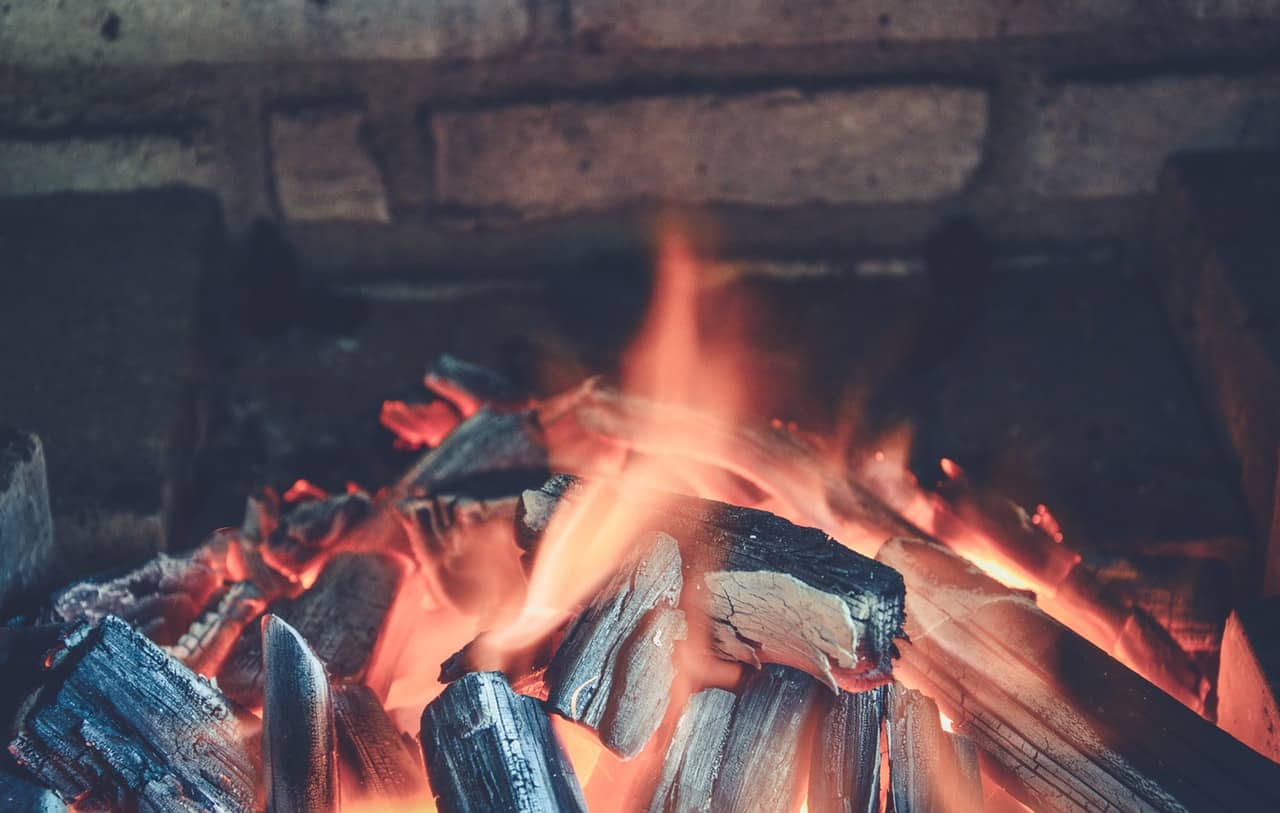A simple gesture every day is enough to achieve considerable energy savings at home. Responsible consumption undoubtedly helps to care for the environment, while allowing us to save a large amount of money. In this guide, we show you a series of practical tips for saving energy at home. Before we move on, when perfecting the energy output of your home we strongly advise that you use a backup generator if you live in an area where electricity outages are common. Id recommend that you check out our Wen Generator Review!
In the kitchen:
In the bathroom:

Lighting:
Insulation
The buildings in which we live and work require a lot of energy to warm up in winter and be cool in summer. Their thermal insulation is essential for energy efficiency. Double glazing systems reduce heat loss by almost half compared to single glazing. Small improvements in insulation can lead to energy and economic savings of up to 30% in heating and/or air conditioning.
Door and window insulation can account for 10% to 25% of your energy bill for home heating or air conditioning. To plug the gaps and reduce air infiltration from doors and windows, you can use simple and inexpensive means such as silicone, putty or weather seal. Properly insulate the drums of the blinds. Use adhesive sheets of transparent plastic material to stick them to frames and glazing.
Heating
Proper insulation in the home will help us make the most of heating on the coldest days, as well as a good system that is efficient and rationalizes consumption, such as thermal emitters or radiators.

Do not cover the radiators and bear in mind that for every degree that we increase the temperature, energy consumption increases by approximately 7%.
One of the most efficient heating systems is underfloor heating.
Air conditioning
If you use air conditioning, set the refrigeration temperature to 25 degrees.
Don't abuse the air, it's not good for your health and for every degree below 25, you'll be consuming about 8% more energy. With the installation of adequate awnings and glazing and proper insulation of walls and ceilings, energy savings in the use of air conditioning of more than 30% can be achieved.
If you want to save even more money on your electricity bill, replace the air conditioning with a ceiling fan and you will achieve an energy saving of 98%. Split types of systems produce higher yields, as do wall-mounted equipment and reversible systems, which provide both cold and heat.
Electrical appliances
When you're done using electronic devices, such as stereos, computers, or televisions, turn them off completely. The use of an anti standby power strip can help us to turn off peripherals and any other electrical device at once, and thus prevent them from being switched on at night, saving us more than 40 euros per year.
As for the computer, the screen is the part that consumes the most energy (the flat ones consume less than the conventional ones). Leaving them on is like using a 75-watt lamp. The computer's resting state absorbs energy up to 15% of average consumption. LCD screens save 37% of the power in operation and 40% in standby mode.
Also Read: Sportsman Generators Review
These practical tips are a simple gesture from all family members. If we get used to consuming and acting responsibly at home, we will save a lot of money while having comfort with less energy consumption throughout the year.
